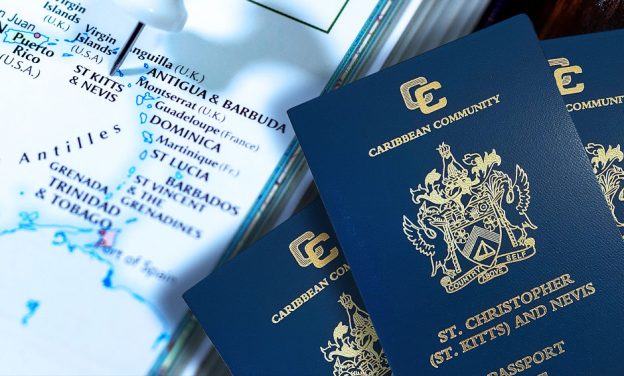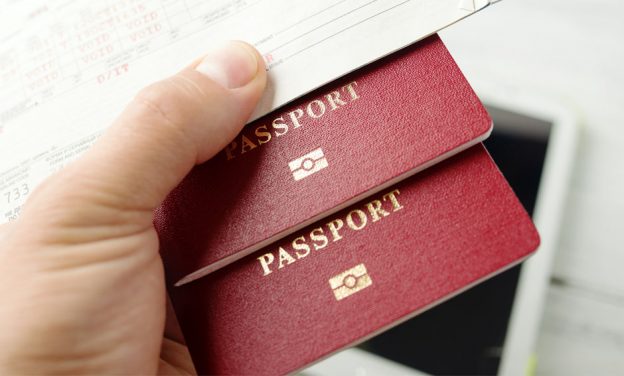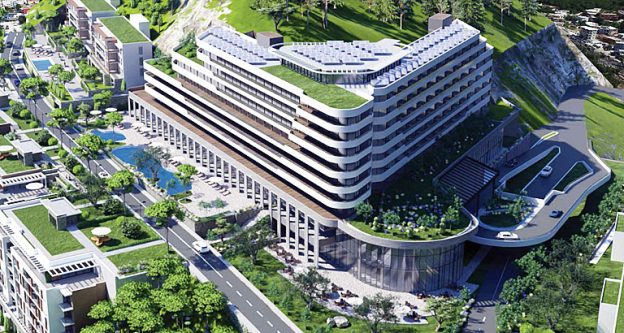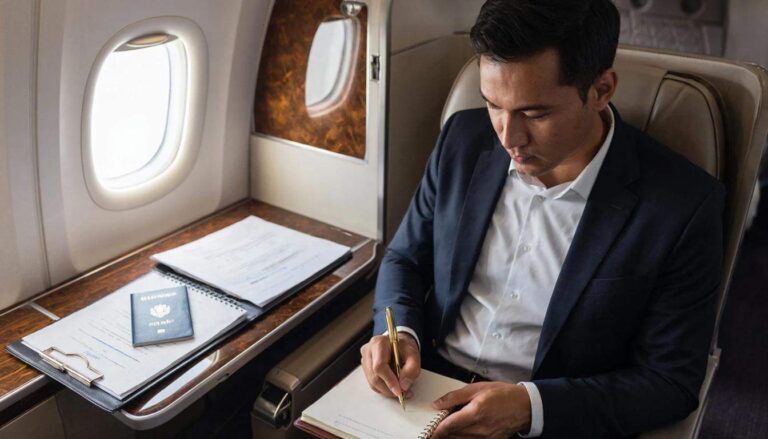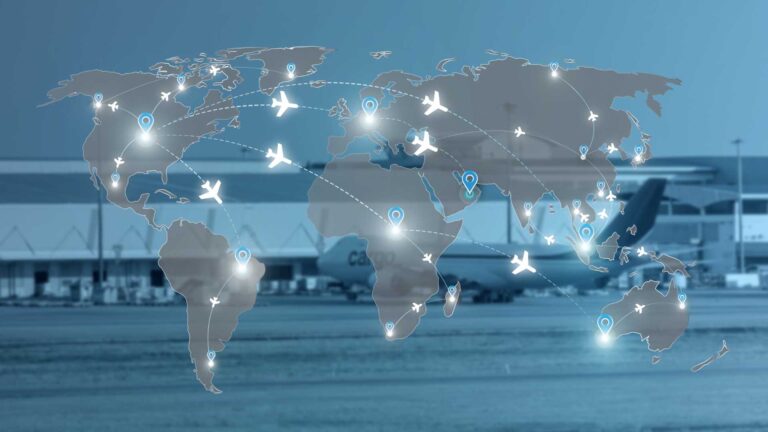The phrase Second Citizenship has transformed from an obscure concept into one of the most discussed strategies among wealthy Americans. What used to be a niche interest for global entrepreneurs or jet-setting expats is now a mainstream financial and lifestyle decision. Increasingly, high-net-worth Americans are bypassing Europe’s traditional hubs and instead eyeing Latin America and Asia as prime destinations for their backup passport.
The shift is unmistakable. From Panama’s investor residency to Costa Rica’s rising popularity and Thailand’s business-friendly ecosystem, Americans want more than a vacation escape. They are creating strategic exit plans—fast, affordable, and flexible.
American Second Citizenship Shifts Away From Europe’s Old Playbook
For decades, Europe dominated the conversation on second passports. Americans viewed Portugal’s tax perks, Malta’s island charm, and Greece’s real estate opportunities as the gold standard. Retirees dreamed of sipping wine in Tuscany, while investors sought visa-free access to Schengen countries.
However, the rules of the game changed. European nations tightened entry requirements, raised minimum investments, and, in some cases, eliminated their programs altogether. Portugal scrapped its non-habitual resident tax regime. Spain ended its real estate citizenship route. Malta faced EU legal backlash. Meanwhile, Greece doubled its Golden Visa thresholds in its most desirable regions.
These barriers left many Americans asking a critical question: why pay millions and wait years when faster, more affordable alternatives exist closer to home—or across the Pacific?
Why Latin America and Asia Are Surging for American Second Citizenship
The surge toward Latin America and Asia is not an accident. Several forces are fueling the trend, and each factor ties back to the growing desire for American Second Citizenship as a hedge against uncertainty.
- Accessibility and Cost
Programs in Costa Rica, Panama, or Thailand often require investments starting at a fraction of European thresholds. Instead of spending €500,000 on Greek real estate, Americans can secure residency or citizenship in Latin America with as little as $150,000 in assets—or even less if they qualify through income routes. - Proximity
Countries like Panama and Costa Rica sit only a few hours’ flight from Miami or Dallas. For Americans who want an actual relocation option rather than just a “Plan B” passport, the closeness matters. Families can relocate quickly without a 12-hour intercontinental flight. - Quality of Life
From Costa Rica’s healthcare system to Malaysia’s world-class medical facilities, many Latin American and Asian destinations offer Western-standard services at a fraction of the price. Safety, climate, and culture add to the appeal. - Tax Planning
Americans looking for second citizenship increasingly want financial efficiency. Latin America and Asia provide tax-friendly jurisdictions, residency-based taxation, and lower thresholds for wealth protection.
Costa Rica: The Breakout Star
No country illustrates this trend better than Costa Rica. The Central American nation known for its Pura Vida lifestyle has become a top choice for American Second Citizenship seekers.
Applications for residency skyrocketed in 2025, with U.S. demand increasing more than 600% compared to the previous year. Multiple pathways exist:
- Investor Residency: Requires $150,000 in qualified assets, including real estate.
- Rentista Program: Offers residency for those showing $2,500 in guaranteed monthly income for two years or depositing $60,000 in a local bank.
- Pensionado Route: Available to retirees with $1,000 monthly pension income.
These options not only open doors to residency but also offer a real relocation pathway for those seeking safety, healthcare, and lower costs of living. Americans are moving not just for a backup plan but to live in the country long-term.
Panama and Uruguay: Longstanding Favorites Re-Emerging
Panama continues to hold appeal with its business-friendly policies, dollarized economy, and strategic location. Its Friendly Nations Visa makes relocation accessible for U.S. citizens with professional or economic ties.
Uruguay, often overlooked, is quietly attracting Americans who want political stability, farmland opportunities, and a European-style lifestyle in South America. The country’s clear legal frameworks and strong banking environment provide another layer of security.
Asia’s Rising Appeal
While Latin America dominates in volume, Asia attracts wealthy Americans who want long-term positioning in strategic markets. Thailand, Singapore, and Malaysia lead the way.
- Thailand: Beyond its tourist appeal, Thailand’s elite visa programs provide residency options for investors and retirees seeking affordable luxury and business opportunities in Southeast Asia.
- Malaysia: With world-class healthcare, Kuala Lumpur has become a top relocation city for Americans wanting both quality of life and affordability. The Malaysia My Second Home (MM2H) program remains popular.
- Singapore: While more expensive and competitive, Singapore offers unmatched financial infrastructure and access to Asian markets.
Americans increasingly see Asia not only as a relocation option but also as a strategic hub for business expansion, investment diversification, and family education opportunities.
The New Wealth Planning Strategy: The American Second Citizenship Portfolio
Today’s American Second Citizenship strategy looks nothing like the one from ten years ago. It’s no longer just about owning a single backup passport. Instead, wealthy Americans are creating citizenship portfolios.
For example:
- A Caribbean citizenship provides fast access to visa-free travel and immediate second passport security.
- A Latin American residency offers relocation flexibility within a few hours of the U.S.
- An Asian base positions investors near fast-growing markets and global business hubs.
This layered approach mirrors how investors diversify assets. A single passport no longer suffices when global politics, tax regimes, and travel freedoms shift constantly. Families want mobility, resilience, and protection across multiple regions.
Apex Capital Partners and the American Second Citizenship Surge
Firms specializing in global mobility confirm the shift in demand. At Apex Capital Partners, advisors note that Americans are seeking out new routes with urgency. Rather than chasing European glamour, clients prioritize pragmatic solutions in Latin America and Asia. Apex emphasizes preparation, compliance, and tailored strategies—ensuring each citizenship or residency pathway aligns with both wealth planning and lifestyle goals.
The key insight: Americans now treat second citizenship as a practical necessity, not just a luxury.
Lifestyle Stories Behind the Numbers
Statistics tell one part of the story, but real examples illustrate the mindset. Consider Jerry Massey, a Virginia-based professional who already secured Caribbean citizenship. His next move? Relocating to Kuala Lumpur or Bangkok.
Why? Healthcare, safety, and cost of living. He feels safer walking through a Malaysian metro station at midnight than through Washington, DC. His medical experiences abroad surpass what he expects at home. And his daily living costs drop dramatically while quality of life rises.
Stories like Massey’s reflect why the American Second Citizenship trend has gained unstoppable momentum. It’s about more than tax planning—it’s about personal safety, healthcare, and a secure future.
Driving Forces Behind the Gold Rush
The gold rush toward second passports ties back to deeper motivations:
- Political and Economic Uncertainty: Wealthy Americans feel the risks of staying tied to one system. Global diversification provides a safety net.
- Generational Planning: Parents want to pass down more than money. They want to pass down freedom of choice for their children.
- Mobility Needs: A single passport limits travel and relocation options. Multiple passports unlock entire continents.
- Value for Money: Latin America and Asia offer lower costs without sacrificing lifestyle.
The American Second Citizenship Mindset
The modern American second citizenship seeker no longer thinks in terms of luxury. Instead, they think in terms of resilience and strategy. They ask:
- Where can I move quickly if I need to?
- How can I legally reduce my tax burden?
- Which country offers healthcare and safety for my family?
- How do I build a passport portfolio that protects the next generation?
These questions drive the new passport gold rush.
The Road Ahead: More Americans, More Options
As programs evolve, more Americans will secure second citizenship outside Europe. Governments in Latin America and Asia continue to refine their residency and citizenship pathways to attract foreign investors. Entry thresholds remain lower than in the West, and demand shows no signs of slowing.
Wealthy Americans now understand that American Second Citizenship is not a trend but a necessity. It represents a new normal in global wealth planning.
Why This Matters for Investors and Families
The rise of Latin America and Asia in the citizenship landscape shows that the rules of global mobility are changing. Instead of chasing prestige, Americans prioritize practicality. A backup passport in Costa Rica or Malaysia provides the kind of flexibility that a restrictive European program no longer can.
Families secure safer futures. Investors unlock access to emerging markets. Retirees enjoy world-class healthcare at affordable prices. The combination makes second citizenship more than a legal status—it becomes a lifestyle transformation.
A World Where Mobility Equals Security
The gold rush toward American Second Citizenship signals a broader truth: mobility equals security. Wealthy Americans aren’t just buying freedom to travel. They’re buying peace of mind, flexibility, and a strategic hedge against uncertainty.
As Latin America and Asia continue to expand their offerings, expect more Americans to hold not one, but several passports—each serving a unique role in their wealth planning portfolio.
The era of multiple passports has arrived. And for those who act now, the doors to opportunity, security, and global freedom remain wide open.

